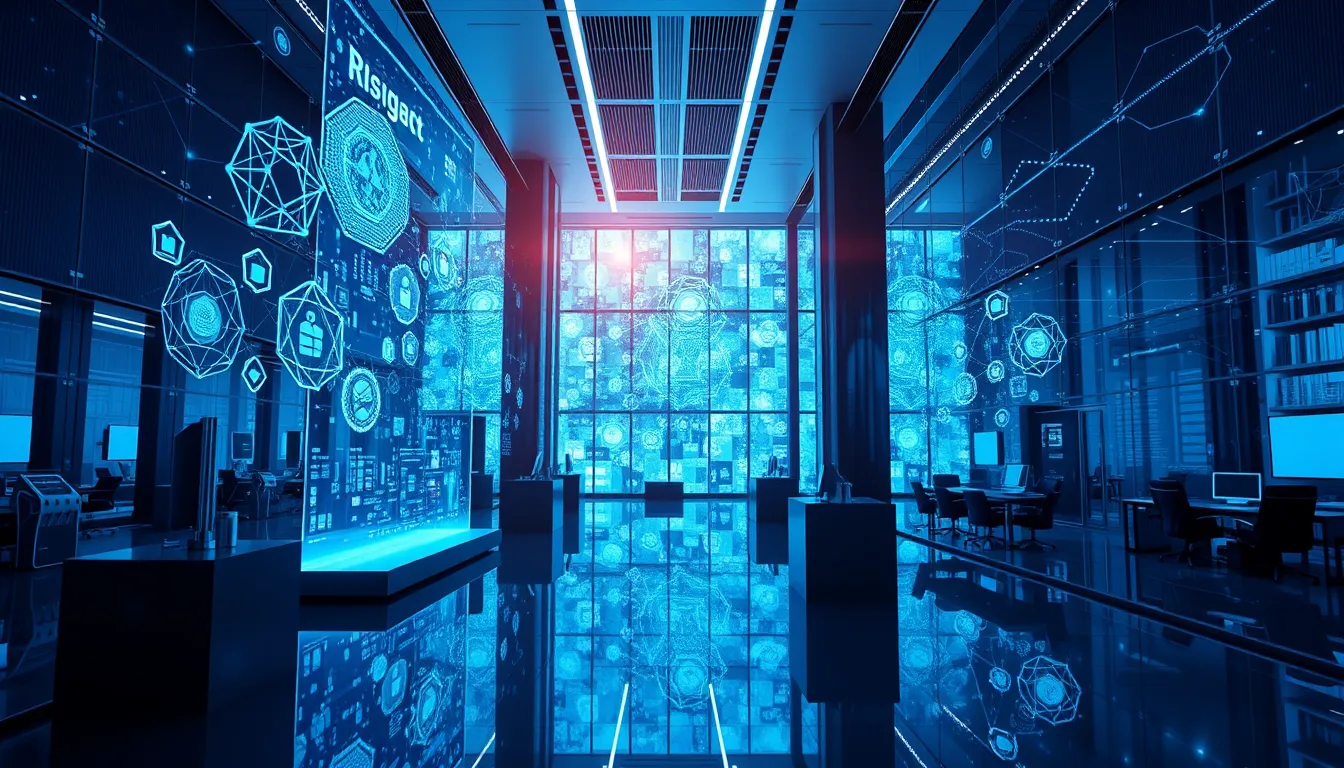Now Reading: Powerful AI in Healthcare Diagnostics: Boosting Patient Care
-
01
Powerful AI in Healthcare Diagnostics: Boosting Patient Care
Powerful AI in Healthcare Diagnostics: Boosting Patient Care

Powerful AI in Healthcare Diagnostics: Boosting Patient Care
The landscape of healthcare is rapidly evolving, and one of the most transformative breakthroughs is the application of AI in healthcare diagnostics. With improved imaging, faster disease detection, and enhanced patient outcomes, advanced AI technology is revolutionizing how medical professionals diagnose and treat illnesses.
Understanding AI in Healthcare Diagnostics
AI in healthcare diagnostics has emerged as a game changer. By integrating machine learning with medical imaging, hospitals and clinics can now achieve more precise diagnostics. This transformation is not only improving patient care but also streamlining medical operations. Technologies like deep learning algorithms analyze vast amounts of data with impressive accuracy. In particular, the focus keyphrase, AI in healthcare diagnostics, represents a crucial element in understanding this technology’s impact.
How AI Improves Diagnostic Accuracy
One of the primary benefits of employing AI in healthcare diagnostics is its ability to improve diagnostic accuracy. Medical professionals are often challenged by the complexity of medical images and patient data. AI tools help overcome these challenges by:
- Automating the analysis of medical imaging
- Detecting anomalies that may be missed by the human eye
- Enhancing the speed of diagnosis
For instance, research and development in AI have made tremendous strides; as outlined by initiatives at organizations such as OpenAI, healthcare professionals are better equipped to identify disease patterns. The continuous learning process inherent in AI systems further ensures that the algorithms remain up-to-date, honing their predictive capabilities in AI in healthcare diagnostics.
Implementing AI Tools in Medical Imaging
Medical imaging is one of the most critical areas benefiting from AI. With the incorporation of AI in healthcare diagnostics, radiologists and medical practitioners can now harness the power of computer vision to analyze X-rays, CT scans, and MRIs with greater precision. Some ways in which these tools enhance imaging include:
- Reducing the likelihood of misdiagnosis
- Identifying subtle patterns that may indicate early stages of disease
- Providing quantitative support for clinical decisions
The use of AI in medical imaging not only optimizes workflow but also significantly reduces patient wait times. Moreover, healthcare institutions seeking continuous improvement often share best practices through internal links and collaborations with advanced tech companies, ensuring a seamless integration of AI in healthcare diagnostics.
Overcoming Challenges in AI for Healthcare
Like any cutting-edge technology, the integration of AI in healthcare diagnostics comes with its own set of challenges. Some of the hurdles include:
- Data privacy and security concerns
- The need for large, high-quality datasets to train AI models
- Resistance to change from traditional diagnostic methods
To address these challenges, healthcare providers are actively investing in strong data governance frameworks and advanced cybersecurity measures. With a focus on transparency and safety, institutions are working to build trust among patients and professionals alike. Despite these challenges, AI in healthcare diagnostics continues to prove its value by refining diagnostic procedures and delivering more personalized patient care.
Future Trends in AI Disease Prediction
The future of healthcare is bright with the promise of AI. Beyond diagnostics, AI is paving the way for AI disease prediction. Innovative solutions are being developed to forecast disease outbreaks, model patient responses to treatments, and predict future healthcare needs. By leveraging data analytics and machine learning, experts are confident that AI in healthcare diagnostics will extend its benefits to predictive healthcare. This evolution is anticipated to bring about:
- Early intervention strategies
- More accurate risk assessments
- Tailored treatment plans for individual patients
As research continues and technology advances, AI in healthcare diagnostics will likely become even more integral in ensuring timely and accurate healthcare delivery.
Conclusion: Embracing Advanced AI in Healthcare Diagnostics
In conclusion, the integration of AI in healthcare diagnostics is revolutionizing the entire medical field. By enhancing diagnostic accuracy, streamlining medical imaging analysis, and predicting disease patterns, this technology is setting new standards for patient care. As the technology matures, healthcare practitioners must embrace AI to harness its full potential. The ongoing development and adoption of AI in healthcare diagnostics promise not only to boost patient care but also to pave the way for a more efficient, responsive, and future-forward healthcare system.
By understanding and implementing these innovative tools, medical institutions can stay ahead of the curve. With continuous improvements and collaborative efforts, the promise of AI in healthcare diagnostics is set to redefine the future of medicine for the better.
Remember, as you explore these cutting-edge advancements, the key phrase AI in healthcare diagnostics is not just a buzzword—it is the forefront of modern medical innovation.

























